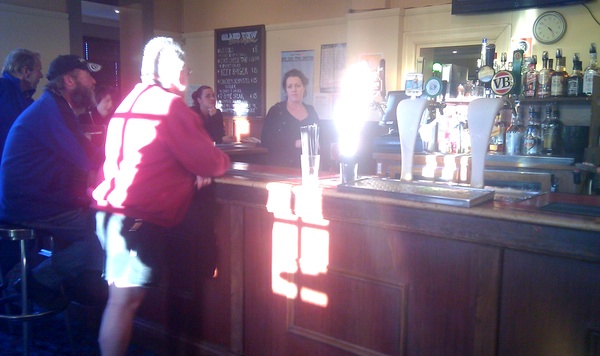![]()
On Wednesday afternoon, LulzSec and Anonymous joined forces to encourage people to boycott PayPal by withdrawing their money and closing their accounts.
The back story is that PayPal has cut off WikiLeaks’ account, meaning that people could no longer donate money to WikiLeaks via PayPal. Anonymous launched distributed denial of service (DDoS) attacks against PayPal. Last week the FBI and others arrested people alleged to have been responsible for those attacks. So this week, the boycott of PayPal.
The joint statement by LulzSec and Anonymous makes for interesting reading. It describes DDoS attacks as “ethical, modern cyber operations”. Such things are actually a criminal act, despite what Anonymous may imagine the law to be. “Law enforcement continues to push its ridiculous rules upon us,” they write, when it’s not law enforcement who makes the laws, but governments.
The call for the boycott was unfolding as Triple J’s current affairs program Hack was going to air, and I phoned in a report. Here’s the audio.
Podcast: Play in new window | Download (1.7MB)
I found it interesting that presenter Tom Tilley responded to my comment that DDoS is a crime by saying “Yeah I imagine there’d be people with lots of different points of view about what they’re doing and whether it’s indeed lawful.”. Personally I reckon the law in this is pretty clear. Pandering to their audience?
The audio is ©2011 Australian Broadcasting Corporation. It has been extracted from the full program audio [MP3].



